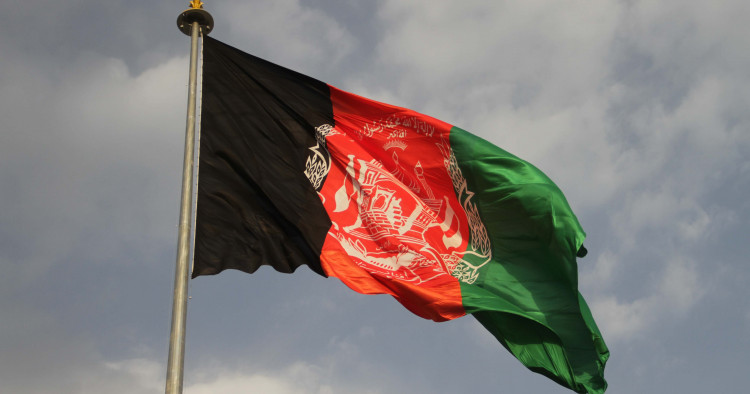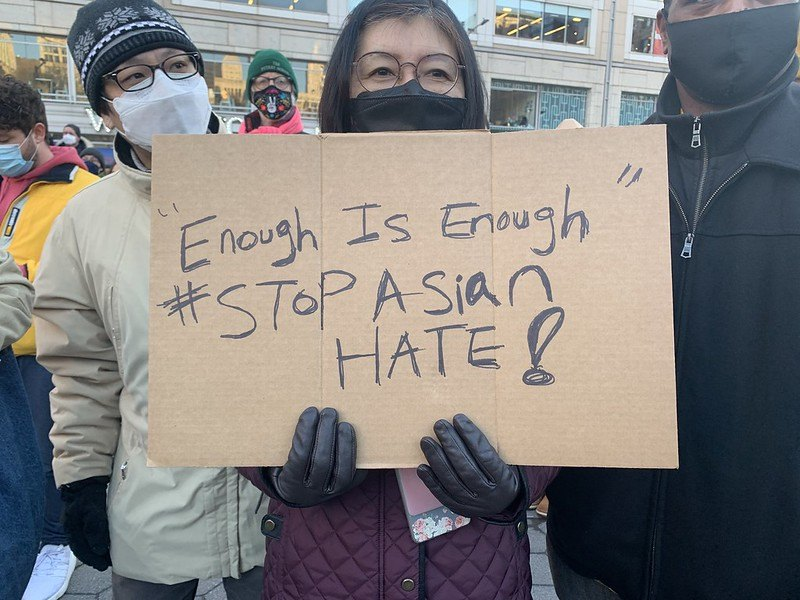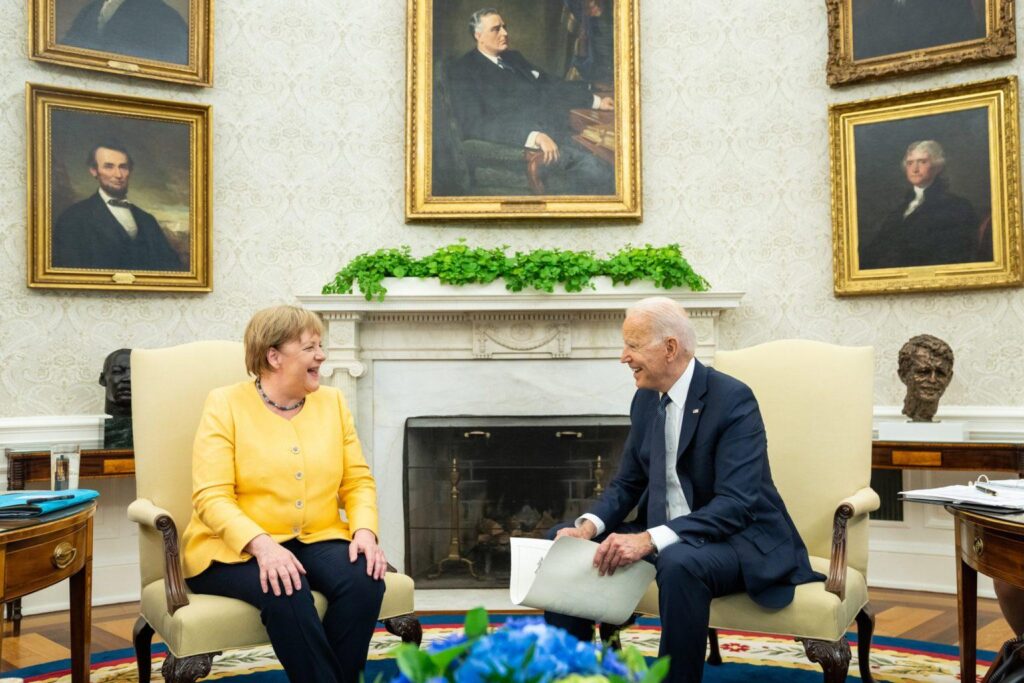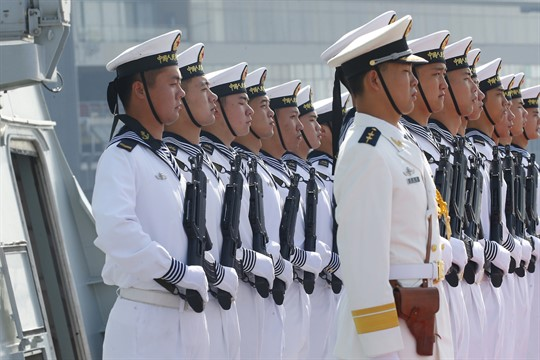The 20-year-old Afghan republic comes to a crashing end

Marvin G. Weinbaum
Director, Afghanistan and Pakistan Studies
After two years of failed diplomatic efforts, for a time it seemed there might be an agreement with the Taliban reached by the Ghani regime and its international backers, albeit one very different than a long-sought power-sharing arrangement. With Taliban forces bearing down on Kabul, discussions involving the entry of Taliban forces into the capital and the formation of an interim government were being conducted in Doha.





